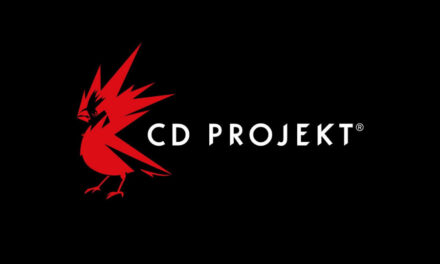
How to Use E-Books for Personal and Professional Growth

Reading has always opened doors but e-books hold the key to more than just stories. They offer a quiet kind of power tucked into screens and saved in pockets. With the right titles and a bit of consistency this format becomes a steady guide for sharpening skills boosting confidence and feeding curiosity.
Many readers explore Z library together with Anna’s Archive and Library Genesis for a broader selection of titles from self-help gems to rare professional handbooks. When budgets are tight or shelves are full these online libraries offer space to grow without limits. They carry more than the latest bestsellers. They hold the kind of books that challenge assumptions shift perspectives and stir ambition.
Reading to Build New Habits and Ways of Thinking
Personal growth often starts in small quiet ways. Picking up a book that challenges a long-held belief or teaches a new routine can begin a ripple effect. Books like “Atomic Habits” or “Deep Work” have become modern manuals for change not because they promise easy answers but because they build momentum one idea at a time.
E-books make it easier to fit reading into daily life. Whether on the train during a lunch break or before sleep a chapter can act like a daily check-in. It becomes less about finishing quickly and more about letting each chapter sink in. That space to reflect matters especially when trying to change behaviour or break old patterns. Highlighting a line rereading a passage or simply sitting with an idea for a few minutes can help shift a mindset that felt stuck for years.
Professional thinking grows in similar soil. Reading about different industries work ethics or leadership styles opens windows. It allows for mental travel without booking a flight. These books don’t need to be dry manuals. They can tell the story of someone who failed then tried again or someone who built something from scratch. Often they do both.
Using E-Books to Sharpen Professional Skills
Work is no longer just about doing a job well. It’s about staying curious and staying ready. E-books cover every field imaginable and many are written by people still in the thick of it. That gives a raw kind of insight that printed textbooks sometimes miss. They offer case studies side notes and real-world applications without the classroom formality.
It’s not just about learning something new. It’s about seeing how knowledge stacks up. Reading one book on communication might open the door to another on negotiation or psychology. This kind of cross-topic reading builds range. That range is useful when jobs shift or when it’s time to step into a new role. A reader who studies design might dip into books about branding or behaviour. A teacher might explore books on storytelling or memory science. Those side paths often lead to better main roads.
Before going further here are three smart ways e-books help turn reading into real results:
- Tapping into Reflective Reading
When reading feels rushed it rarely sticks. E-books let the reader slow down. Features like digital notes or bookmarks help return to tough ideas again and again. That pause button builds better memory and deeper thought. Reflective reading isn’t about speed. It’s about depth. Over time this kind of reading trains the mind to think more critically and creatively both useful tools in work and life.
- Exploring New Voices and Global Perspectives
E-books travel farther than traditional publishing ever did. They bring in voices from corners of the world that rarely make it to big bookshops. Reading work by authors outside the usual echo chamber introduces new styles new problems and new ways of seeing. This broadens empathy and understanding which are essential for personal leadership and collaboration.
- Tracking Progress and Building Routine
Digital readers often come with features that track progress. Seeing how many pages or chapters are left can give structure without pressure. That structure turns reading into a habit. A few pages every morning can shape the day. A chapter each evening can end it with reflection. Over time that routine feels less like a chore and more like brushing teeth or making tea—just something that fits naturally.
Reading can turn into a quiet companion to growth one that speaks in a steady voice rather than shouting instructions. E-books support that by showing up wherever they are needed. They become part of daily rhythms part of the background while quietly helping the foreground grow stronger.
Choosing Titles That Challenge and Inspire
The choice of books matters. Some books offer comfort which has its place. Others push against comfort and those are often the ones that spark lasting growth. Reading “Man’s Search for Meaning” does not feel like flipping through a magazine. It leaves a mark. So does “The Power of Now” or “Grit” or “Range”. The titles don’t need to be new. They need to be timely.
Timely for the reader’s current moment. A parent returning to work might look for career guides with empathy. A manager facing burnout might turn to books on resilience or focus. A recent graduate might lean into books that offer practical tools rather than abstract theory. Choosing well is like building a playlist. It should have variety rhythm and depth.
Reading as a Long Game
Growth isn’t a one-time deal. It’s a slow build. A few books each season a few ideas each month. E-books make that easier because they ask less of the calendar and the wallet. They don’t demand long weekends or cleared schedules. They just wait quietly on a device ready when the time is right.
That quiet presence means reading can stretch across seasons and shifts in life. E-books hold space for both ambition and rest. They ask for attention but never rush it. That balance makes them not just tools but steady companions in a world that rarely stops moving.


























